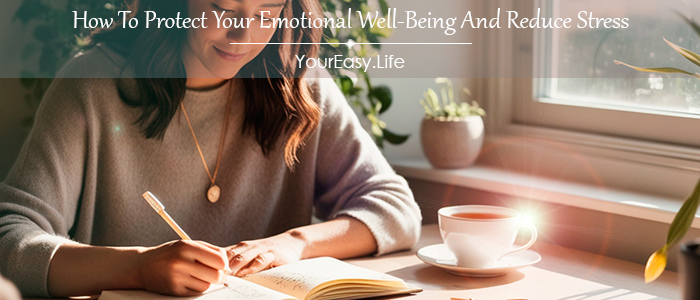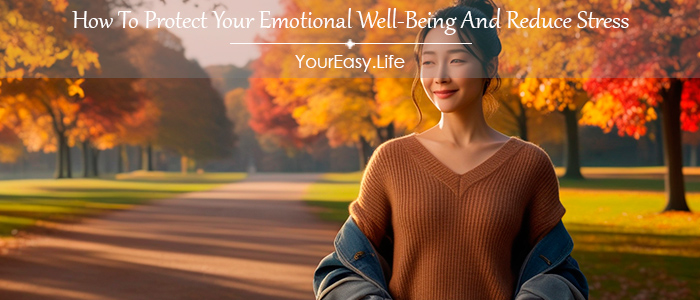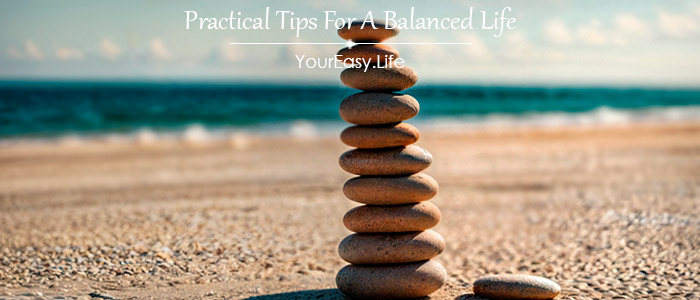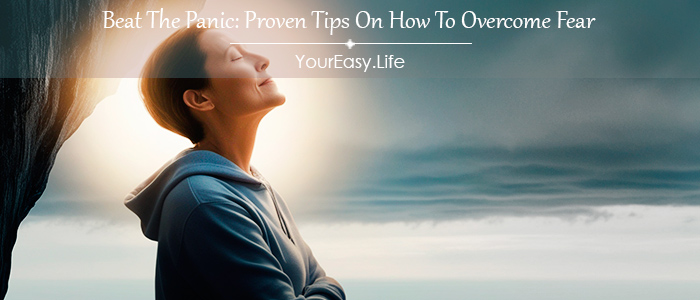In today’s world, we often face emotional overload: work, family obligations, and global events — all of these can lead to stress and disrupt our emotional balance. But what do we do to protect our emotional well-being? Sometimes we forget that emotional health is just as important as physical health, and we neglect ourselves. Let’s look at a few proven methods that will help you find inner harmony and stability.
Table Of Contents
- 1. Identify Your Stress Triggers To Protect Your Emotional Well-Being
- 2. Practice Mindfulness And Meditation
- 3. Learn To Say “No” To Protect Your Emotional Well-Being
- 4. Take Care Of Your Body
- 5. Limit Negative Influences To Protect Your Emotional Well-Being
- 6. Don’t Be Afraid To Ask For Help
- Conclusion
1. Identify Your Stress Triggers To Protect Your Emotional Well-Being
The first step to protecting your emotional well-being is recognizing what triggers your negative emotions. Have you ever been in situations where everything seems to spiral out of control? This could be related to work or personal relationships. It’s important to identify these triggers so that you can learn to manage them.
What to do? Keep a journal where you write down events that cause you stress or anxiety. This approach will help you better understand what specifically triggers your emotional reactions and will allow you to analyze how you can manage them in the future.
2. Practice Mindfulness And Meditation
Mindfulness is a practice that allows you to be “here and now”, without being distracted by past worries or future concerns. Meditation can help calm the mind, reduce stress, and teach you how to manage your thoughts.
How to start? Dedicate at least 5-10 minutes each day to meditation or simple breathing exercises. If you’re new to meditation, start with apps or short YouTube tutorials. These simple steps will help you handle negative emotions and protect your emotional well-being.
3. Learn To Say “No” To Protect Your Emotional Well-Being
Difficulty saying “no” is one of the main reasons for emotional burnout. We often fear disappointing others or being perceived as rude, which is why we agree to requests that go against our interests, leading to physical and emotional suffering. But learning to say “no” is the key to preserving your emotional well-being, physical health, and personal time.
Each time you say “yes” at the expense of your own needs, you lose personal time and energy, which leads to accumulated fatigue and irritation. By saying “no”, you protect your emotional space and give yourself the opportunity to focus on what truly matters to you.
Question for you: How many times have you agreed to do something you didn’t really want to do? What stops you from saying “no”?
Solution: Set your priorities and learn to say “no” when necessary. This isn’t selfish — it’s a way to preserve your mental health and resources, and protect your emotional well-being. Start with small steps, like declining tasks that don’t align with your goals.
Remember, saying “no” doesn’t have to be rude. A simple “Sorry, I can’t do this right now” is enough. Politeness and directness help set boundaries. A polite refusal is a way to show respect for yourself and your time. Your boundaries deserve respect.
4. Take Care Of Your Body
Physical and emotional well-being are closely connected. By taking care of your body, you automatically improve your mental state.
Tip: Pay attention to your body’s basic needs. Regular exercises, enough sleep, and healthy eating can significantly reduce stress and improve your mood.

5. Limit Negative Influences To Protect Your Emotional Well-Being
Have you ever thought about how much the information around you affects your state of mind? Constant news, social media, and especially toxic relationships — which can occur not only in romantic settings but also in friendships, family, and at work — can drain your emotional resources. Toxic relationships are particularly destructive because they are often accompanied by constant criticism, manipulation, and a lack of mutual support.
What to do? Try a small “digital detox”. Reduce your time on social media and limit watching the news. Instead, focus on the positive aspects of life: spend time with family, engage in hobbies, or simply read a book. If you are in toxic relationships, set boundaries, learn to say “no”, or consider ending those relationships.
6. Don’t Be Afraid To Ask For Help
Many of us are embarrassed or afraid to ask for help, thinking it shows weakness. But that’s far from true. Talking to loved ones or a professional therapist can help you better understand your emotions and find new ways to handle difficulties.
Tip: Don’t wait until the situation gets out of control. If you feel overwhelmed, reach out for support — whether it’s a friend, family member, or professional therapist.
“I’m too busy; I don’t have time to take care of myself” Taking care of your emotional well-being doesn’t require a lot of time. Even small changes, like 10 minutes of meditation or a walk outside, can significantly improve your emotional health. Start small, and you’ll see results.
“I’m not sure this will help in my situation” Everyone is unique, but these techniques are tried and true for many people. Try just one of the suggested strategies, and you might be surprised at how helpful it can be.
Conclusion
Protecting your emotional well-being is a crucial part of leading a healthy and balanced life. We all have tough days, but by using these practical techniques, you can regain control of your emotions and improve your well-being. You will not only maintain your inner balance but also enjoy each day with confidence and peace.
You are not alone in your journey toward calm and inner balance. We all need time and support to recharge and protect our emotional well-being. Start taking care of yourself today — small steps toward big changes. The YourEasy.Life team is with you every step of the way to help you achieve a life full of peace and joy!
Frequently Asked Questions
Scientific Research, Data And Articles
- Goyal, M., Singh, S., Sibinga, E. M. S., et al. (2014). Meditation Programs for Psychological Stress and Well-Being: A Systematic Review and Meta-analysis. JAMA Internal Medicine, 174(3), 357–368.
- Babyak, M., Blumenthal, J. A., Herman, S., et al. (2000). Exercise Treatment for Major Depression: Maintenance of Therapeutic Benefit at 10 Months. Psychosomatic Medicine, 62(5), 633-638.
- Rook, K. S. (1984). The Negative Side of Social Interaction: Impact on Psychological Well-being. Journal of Personality and Social Psychology, 46(5), 1097-1108.





